SECONDARY NEWS
From the Assistant Principal
Miss Kim Bailey
kbailey@arm.catholic.edu.au
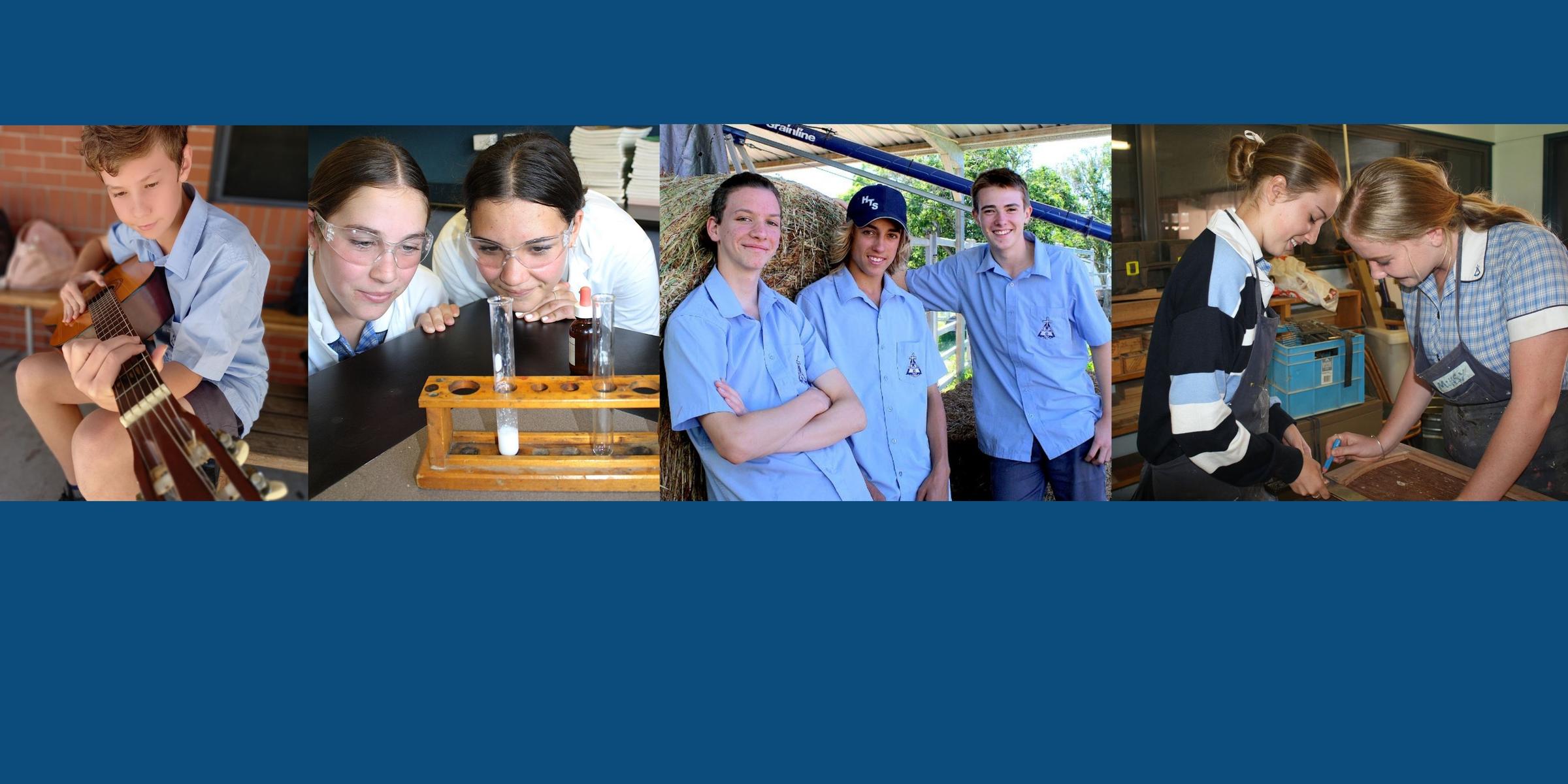
SECONDARY NEWS
From the Assistant Principal
Miss Kim Bailey
kbailey@arm.catholic.edu.au


What is Harmony Week?
Harmony Week is a time to celebrate Australian multiculturalism and the successful integration of migrants into our community.
Australia is one of the most successful multicultural countries in the world and we should celebrate this and work to maintain it.
Harmony Week is about inclusiveness, respect and belonging for all Australians, regardless of cultural or linguistic background, united by a set of core Australian values.
Why wear orange?
Orange is the colour chosen to represent Harmony Week. Traditionally, orange signifies social communication and meaningful conversations. It also relates to the freedom of ideas and encouragement of mutual respect. Australians can choose to wear something orange during Harmony Week to show their support for cultural diversity and an inclusive Australia.
Our Cultural Diversity?
Australia is a vibrant and multicultural country - from the oldest continuous culture of our first Australians to the cultures of our newest arrivals from around the world.
Our cultural diversity is one of our greatest strengths and is at the heart of who we are. It makes Australia a great place to live.
An integrated multicultural Australia is an integral part of our national identity. All people who migrate to Australia bring with them some of their own cultural and religious traditions, as well as taking on many new traditions. Collectively, these traditions have enriched our nation.
Miss Cush, the Year 9/10 Visual Arts class have created a mural to celebrate Harmony Week. The mural is in the top Secondary Quadrangle.
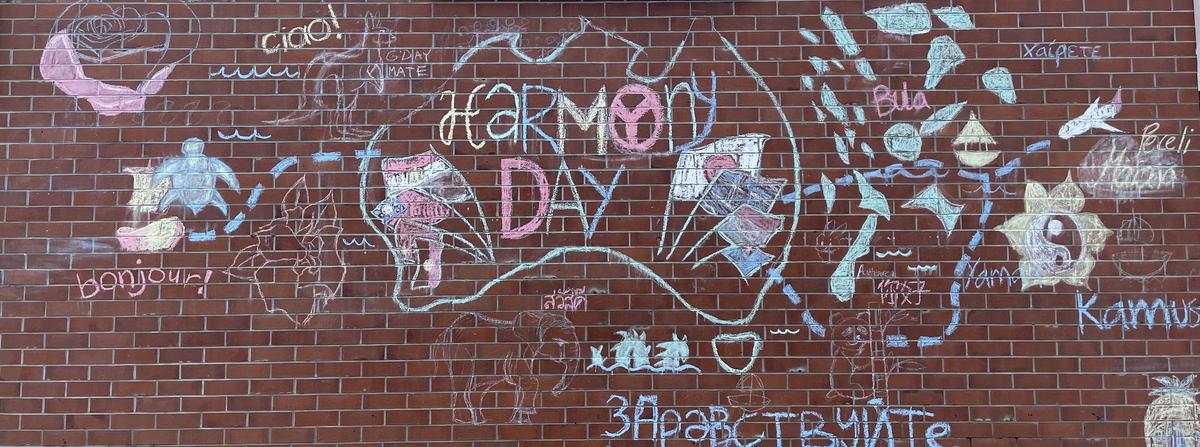

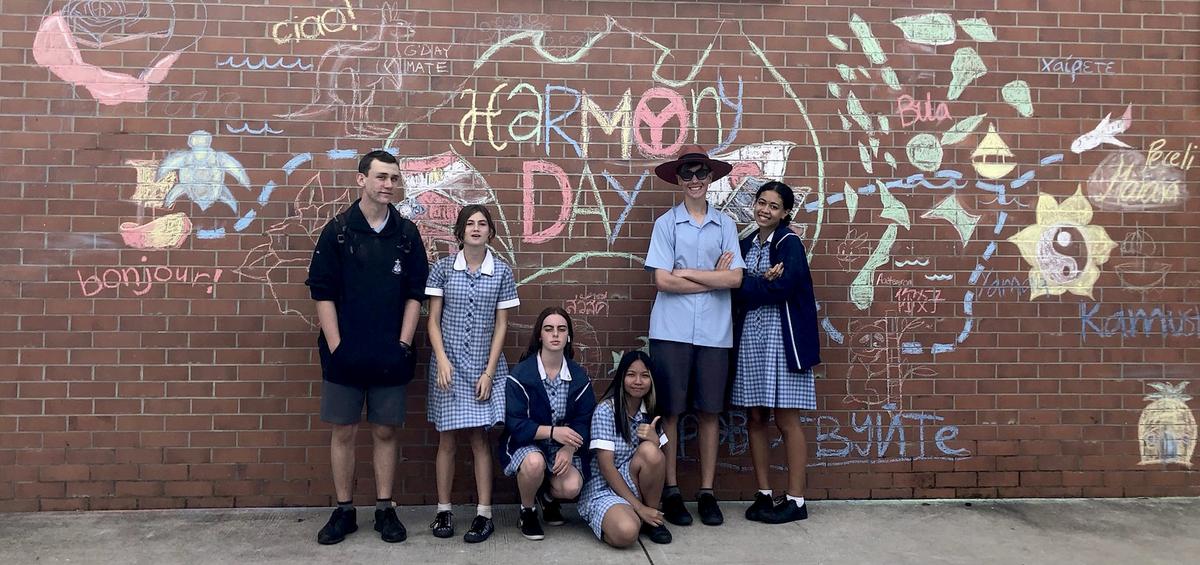

Wednesday: purchase food from the Harmony Day Bake Sale. Donations of baked goods are welcomed.
Thursday: wear a touch of orange.
Friday: Harmony Day Assembly Prayer.
Last week we introduced the concept of Rate a Mate in Week 8.
Sometimes good deeds do go unnoticed, and at Holy Trinity, we would like to change this.
Students were offered the opportunity to say thanks and recognise peers for the good things that happen all of the time.
Students were encouraged to let us know about someone who has followed our 'Rules for Living'.
This could have included many things - they may have made someone feel safe, valued, respected and cared for, helped someone else in learning, or always show commitment to their learning.
This was the first time we have done this as a Secondary Department; however, it will be continued in Week 8 of each term.
The acknowledgement is anonymous and collected via Google Forms. Congratulations to the following students who were 'rated by a mate'.


| Jade Pevy |
| Jessica Hill |
| Aksel Hutchings |
| Riley Hosking |
| Jed Langan |
| Lidiya Varghese |
| Makaidi Mair |
| Madison Ellis |
| Geno Simbajon |
| Colby Walker |
| Will Munro |
| Macie Masterson |
| Cody Noble |
| George Taylor |
| April Neppl |
| Sarah Page |
| Dustin Uebergang |
| Cooper Wilson |
| Olivia Selig |
| Ava Horwood |
| Hannah Sanderson |
| Caylin Swadling |
| Matilda Robinson-Farago |
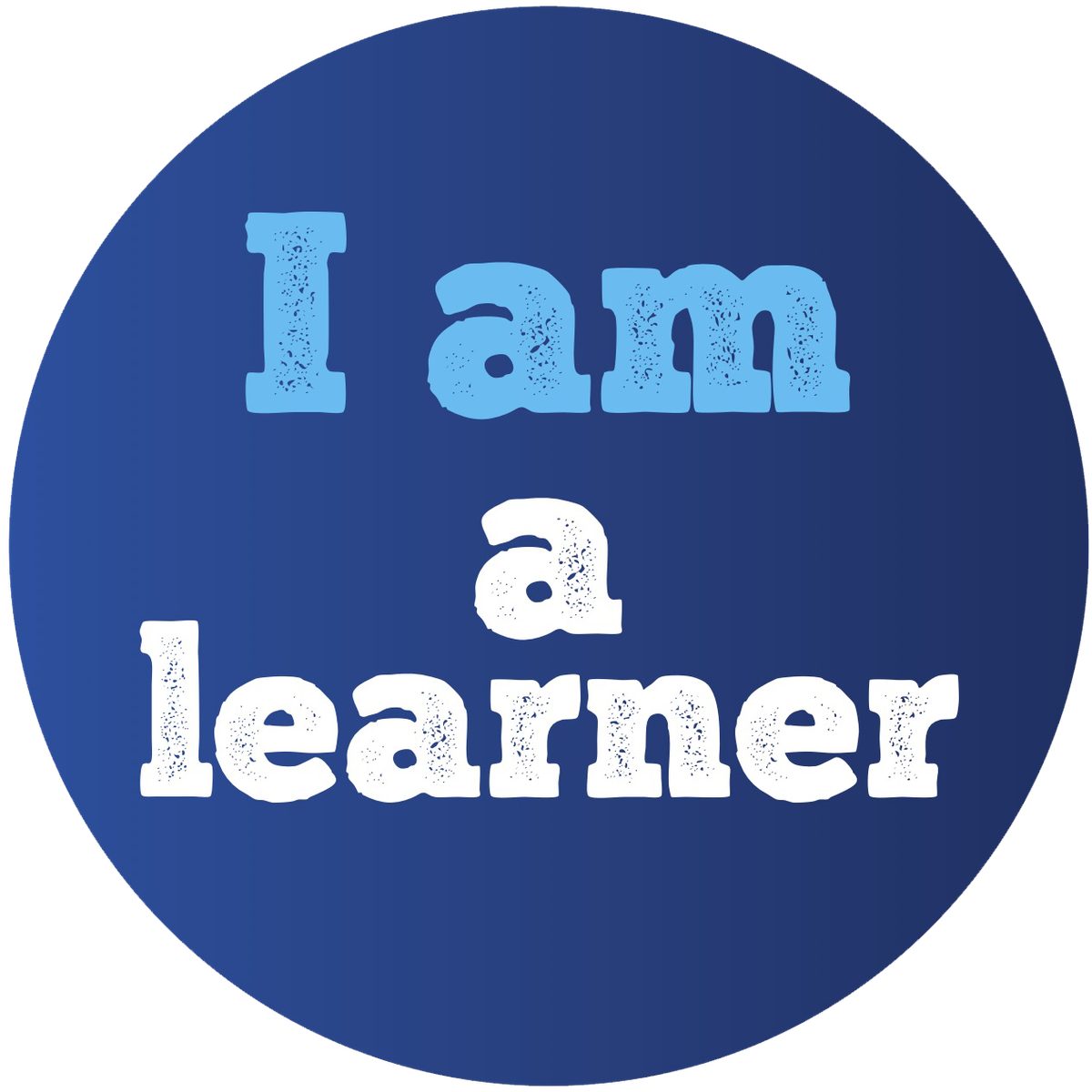

Last week, Secondary students worked in their teaching classes to unpack what this means for them at Holy Trinity. They were encouraged to think about productive and unproductive behaviours in the classroom and the impact that these behaviours can have on learning for themselves and others.
The students were engaged in the discussion and were able to voice their opinions about what is important for them in ensuring that learning remains the focus in the classroom.
This information will be collated and used to ensure that all students 7 - 10 have an understanding of the expectations at Holy Trinity.
All 7 - 10 students received their Progres Report for Term 1 last week. These reports are also available on Compass.
The purpose of the Term 1 Progress Report is to provide a snapshot of your child's progress at this stage of the school year. If you would like to discuss any aspect of this report, you may contact Miss Bailey or the subject teacher.
Save the Dates:
Family Conferences will be held on the following nights for students in Years 7 - 10.
Family Conferences will be held for all year groups. Teachers will be available from 3.45 – 5.45 pm in the Holy Trinity Hall.
As in past years, parents are strongly encouraged to bring their child with them to take part in the conversation. The conferences will allow you to discuss your child’s progress with each of his/her subject teachers. Each meeting will be restricted to a five minute maximum per subject; this should allow all conferences to take place in the allotted time. Should there be a need for an extended discussion, arrangements can be made with the teacher concerned or with the Assistant Principal.
The Family Conferences offer an opportunity for you to find out how your child is getting on with classmates, if there are areas in which they excel, any aspects which are causing difficulties, and what they can do at home to build on their strengths or to overcome any weaknesses. Teachers are helped considerably by getting to know parents and by gaining information from them that can enhance their child’s educational and social experiences.
The health and safety of our school community are paramount and as such there are some notable changes to the procedures for attending our Family Conferences this semester. We have put measures in place to ensure that we remain vigilant in relation to physical distancing and hygiene.
The protocols are as follows:
Interview times must be booked prior to attending the conferences – there can be no bookings made on the day.
Students will have a booking sheet and they will need to take this to their individual subject teachers prior to the day of the conference, book a time and record this for your reference.
Please bring the booking sheet with you so you can be punctual to all meetings.
Alternatively, parents are able to book their own appointments via the Compass portal.
If you need to meet with a teacher for more than one subject you may need to book two time slots.
Please contact the school if you have any questions.
Last week students voted in class elections and the Student Representative Council is now finalised for 2022. Student representatives in Years 7 - 9 will retain their position on the SRC for the entire year.
Student representatives are:
Year 9: Logan Berkley, Maggi Hawkins, Jade Pevy and Monty Watchirs.
Year 8: Maygan Cody, Tom Taylor and Tilly Thompson.
Year 7: Max McLennan and Dustin Uebergang.
Congratulations to all students who have been elected to the SRC.
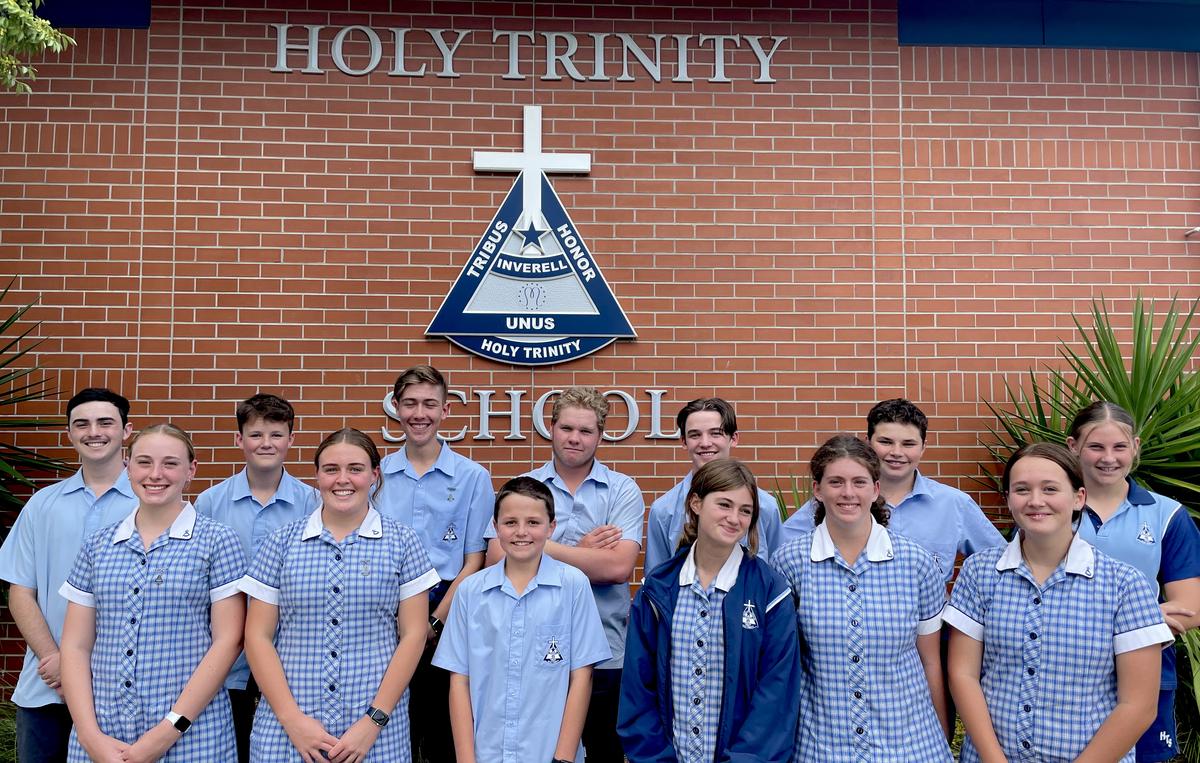

Year 7, accompanied by Mrs Marshall, will visit Sacred Heart Church on Wednesday morning in their RE lesson from 9.50 - 10.40. The purpose of the visit is to help with their understanding of the current unit of work, What it means to be Catholic. It will also be useful preparation for their upcoming mass.
On Thursday 31 March Year 10, accompanied by Miss Bailey, will be undertaking fieldwork as part of their studies in Geography. They will be visiting Lake Inverell to investigate the health of the river system and to discuss the impact of change and management on the river environment. Mr Walsh from Local Land Services (LLS) will be assisting with the fieldwork. The field trip is part of the Environmental Change and Management unit of work.
Transport to Lake Inverell will be by bus. The students will leave school at 9.00 am and return at approximately 10.30 am. They will wear their normal sport uniform. They will also need to bring a hat, sunscreen and water.
Next Thursday 31 March several students will participate in the Australian Geography Competition. Good luck to all students and thanks to Mrs East for coordinating.
Year 9 and 10 students have received their assessment booklets, which outline the assessment guidelines for the year. This important document contains vital information regarding the RoSA, Record of School Achievement. It would be appreciated if parents could read the information contained in the booklet and discuss the issues raised with their children. Please return the slip to school indicating that you have received a copy of the booklet. The assessment process is similar to that which the students will encounter in Stage 6 as they prepare for their Higher School Certificate.
Literacy and numeracy skills are essential for success in learning and life after school. This is why students are required to show they have met a minimum standard of literacy and numeracy to receive the Higher School Certificate from 2020.
There will be multiple opportunities for your child to show they meet the HSC minimum standard by passing online tests of basic reading, writing and numeracy skills. These tests can be taken when your child is ready – be that this year, in Year 11 or 12 or after the HSC.
For more information, and flyers about the online tests and what they involve, visit the NESA website: https://educationstandards.nsw.edu.au/wps/portal/nesa/11-12/hsc/hsc-minimum-standard.
We will be undertaking these tests at school over the next few weeks before the end of term. If you DO NOT wish your child to sit the trial online tests please return the slip on the note Year 10 have been given.
Inspired by one of the world’s greatest thinkers, Leonardo da Vinci, the Decathlon is an academic competition designed to challenge and stimulate the mind. Students compete in teams of eight across 10 different disciplines: Mathematics; English; Science; Code Breaking; Engineering Challenge; Ideation; Creative Producer; Art and Poetry; Cartography and General Knowledge.
On Monday 28 March, students in Years 7 and 8, accompanied by Miss Cush, will travel to TAS to particpate and on Wednesday students in Years 9 and 10 and Mrs East will travel to Armidale for their competition day.
Here are 5 reasons you can give your child as to why they should start working on their assignments immediately.
1. GET YOUR BRAIN THINKING ABOUT THE TOPIC: Even if your assignment isn’t due for weeks, start thinking about it immediately. At the very least, answer the key starter questions on the day you get your assignment. Even if you are not thinking about it directly, your subconscious will be hard at work.
2. FIND LIBRARY RESOURCES: Although the school or local library will probably not be your main source of reference, you should drop in soon after receiving the assignment. Your teacher will probably have alerted the school librarian to the assignment and reference books, magazines etc may well be displayed. These will disappear quickly if the whole class has the same assignment. Books, periodicals, magazines can sometimes be a useful general overview for an assignment and they help to clarify a direction as you begin to immerse yourself into the assignment topic. It is not a good idea to only use Google!
3. DISCOVER OTHER RESOURCES: You could also ask your local librarian for any additional direction on where to look for resource material for your assignment. Librarians are often your best source of information. They know how to help people access relevant and appropriate information, in books, the Internet or computer based references. One of the challenging aspects of Internet based searches for school students is the complexity, language and purpose of websites, not to mention bias and reliability.
4. STARTING EARLY MEANS MORE TIME TO EXPLORE & ASK FOR HELP IF NEEDED: If you do some initial research on the assignment points you’ve identified through the library, references your teacher may have given you, school textbooks, and general internet search engines, you could find yourself having more direction in your research. For example: Perhaps there isn’t enough information, or perhaps you find you don’t understand important concepts, or perhaps you need to speak to your teacher to get further clarity. If you find this out early, you will still have plenty of time to plan, research, write and present your assignment. Imagine if you didn’t start your assignment for a week or so, and then discovered you needed more guidance. You could easily run out of time.
5. CREATE A SAFETY NET: Starting your assignment immediately will give you a safety net in case you get sick, or something unexpected happens. Assignments usually require a large amount of time; students must plan a strategy or schedule to ensure they are completed. You should always have a schedule that allows for the unexpected.
So get started today!
Many students find it difficult to concentrate and stay focused when they are doing their schoolwork at home. So what can we do to improve concentration levels? Try these top tips:
Miss Kim Bailey
kbailey@arm.catholic.edu.au
Miss Claudia Cush
ccush@arm.catholic.edu.au
Mrs Angela East
aeast@arm.catholic.edu.au
Mr Peter Ehsman
pehsman@arm.catholic.edu.au
Mr Anthony Gaias
agaias@arm.catholic.edu.au
Mr William Gils
wgils@arm.catholic.edu.au
Miss Alana Goldman
agoldman@arm.catholic.edu.au
Mrs Mary-Jane Guest
mguest@arm.catholic.edu.au
Mrs Lee Grady
khammond@arm.catholic.edu.au
Mrs Malynda Hiscock
mhiscock@arm.catholic.edu.au
Mr David Koch
dkoch@arm.catholic.edu.au
Mrs Stephanie Marshall
smarshall3@arm.catholic.edu.au
Mrs Veronica McCormick
vmccormi@arm.catholic.edu.au
Mrs Christine McLachlan
cmclachlan@arm.catholic.edu.au
Mrs Jane Taylor
jtaylor4@arm.catholic.edu.au
Mrs Katherine Townsend
ktownsend@arm.catholic.edu.au
Mr Blake Uebergang
bueberga@arm.catholic.edu.au